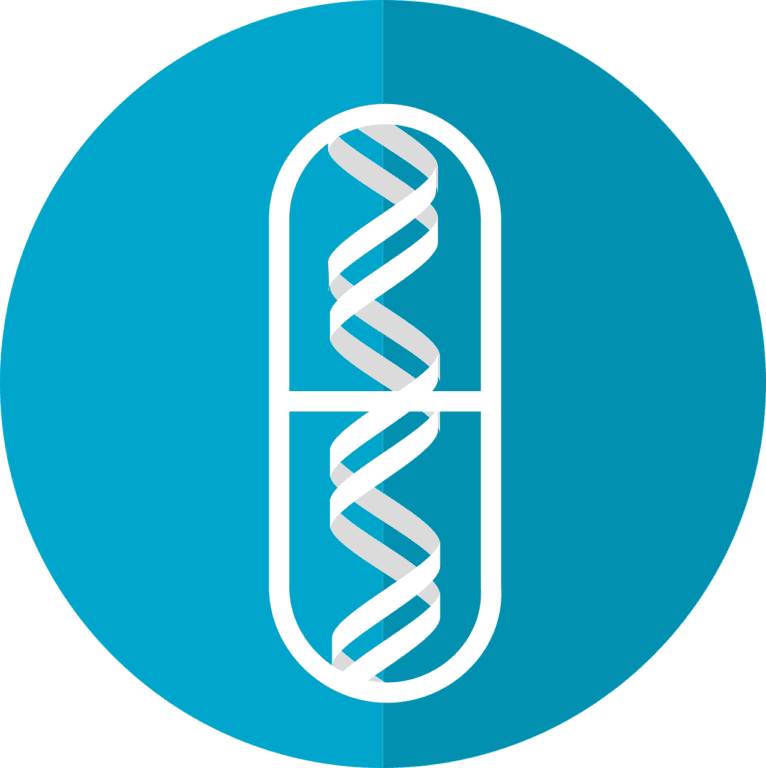There are now plans in place to study a gene therapy for GNE myopathy (GNEM), with human dosing expected to begin in 24 months. The plans were developed by the Neuromuscular Disease Foundation (NDF), one of the global leaders in GNEM research and treatment development.
Human Dosing
In order to reach the human dosing phase of a clinical trial, the NDF has made two changes to its drug development process. The first change was to include two brilliant, world-renowned scientists: Dr. Angela Lek and Rich Horgan. Both are experts in neuromuscular diseases and can bring extremely helpful skillsets.
Dr. Lek has been appointed as the next Scientific Director, which is supported by her work at Yale University’s School of Medicine and her prior work with the NDF. Additionally, she has been awarded numerous times from the Hood Foundation, Muscular Dystrophy Foundation, and American Australian Association. She will be joined by Horgan, who will guide the gene therapy process as a special consultant. Horgan’s experience and history is very impressive, as he is the founder and president of Cure Rare Disease.
Secondly, the NDF has entered into a partnership with Charles River Laboratories, a contract research and biotechnology organization. Hopefully, its knowledge and experience in gene therapy and cell therapy services, alongside preclinical and clinical trials, will lead to the faster development of a cure for GNEM.
If all goes as planned, human dosing will begin in two years, which is a very important step in the right direction for a cure for GNEM.
About GNEM
GNE myopathy is a rare, neuromuscular disorder caused by issues with the production of sialic acid (SA). A mutated GNE gene causes these problems, as it stops the production of an enzyme necessary to created SA. This mutation is inherited in an autosomal recessive pattern. It causes symptoms, which typically begin in the 20s to 30s, such as:
- Progressive muscle weakness and wasting
- Foot drop
- Difficulty walking, running, and climbing stairs
- Issues sitting up
As time passes, affected individuals may lose all control of the skeletal muscles. There is currently no cure for GNEM, and treatment is supportive.






